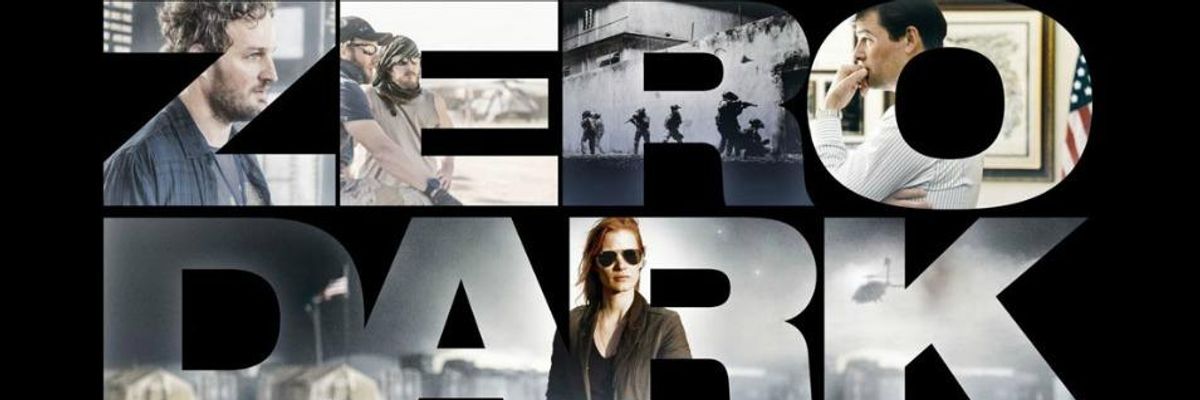When asked whether he would have supported working with the producers of Zero Dark Thirty, Department of Defense's Director of Entertainment Media said he would not have recommended working with screenwriter Mark Boal and director Katherine Bigelow, because he was not happy with the way their movie Hurt Locker had presented the military. But he was not given a choice. "These senior people do whatever they want," the Director told DOD's Inspector General, according to a draft of the IG's report on the leaks of classified information to Boal and Bigelow.
The Project on Government Oversight released the draft this week.
The Director's comments are all the more telling given how much more centrally this draft of the report -- as compared to another POGO obtained and released -- point to the role of then CIA Director Leon Panetta and his Chief of Staff, Jeremy Bash, in leading the government to cooperate on the movie.
For example, this draft reveals how officials pointed to Panetta and Bash's support to try to get Special Operations to cooperate with the ZD30 team.
[Deputy Director of the CIA] Morrell responded that Director/CIA Leon Panetta was fully cooperating with the movie project and that several CIA staff used White House-approved talking points to talk to Mr. Boal about the intelligence that led to UBL's location.
[Assistant Secretary of Defense for Public Affairs Doug] Wilson confirmed that Mr. Boal met with Mr. Bash and "complained that SOCOM wasn't being as forthcoming as they wanted," so Mr. Boal asked Mr. Bash if Mr. Bash could help with SOCOM. ASD(PA) Wilson wrote that he called the USSOCOM PAO and mentioned "[Secretary] Panetta and [Special Assistant to the Secretary] Bash, you know, are fully supportive of this, I just wanted you to know that."
As POGO noted in its own report on this newly acquired draft of the report, information on CIA's role was removed the same day Acting Inspector General Lynne Halbrooks met with Panetta, who had since become Secretary of Defense.
The timeline obtained by POGO raises the question of what influence Panetta may have had on Halbrooks' decision to remove his misconduct from her report.
It shows that CIA material was removed from the report on December 18, 2012. According to a report by Senate Judiciary staff posted on the web, that's the day Halbrooks met with Panetta at the Pentagon. "A reasonable person would conclude something happened at her meeting [with Panetta]. Otherwise it's a hell of a coincidence," a source who worked for Halbrooks on the investigation told POGO.
The CIA Director decided to partner with big Hollywood to write a selective version of the hunt for Osama bin Laden, and the rest of CIA and DOD had to fall in line, going so far as exposing some of the SEAL team members' identities.
And, of course, nothing ever happened to Panetta (or Michael Vickers, who also shared sensitive information) as a result.
Leaks become far less serious, it seems, when they're pushed by top officials.

